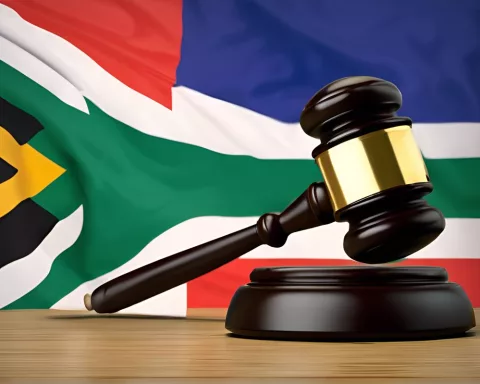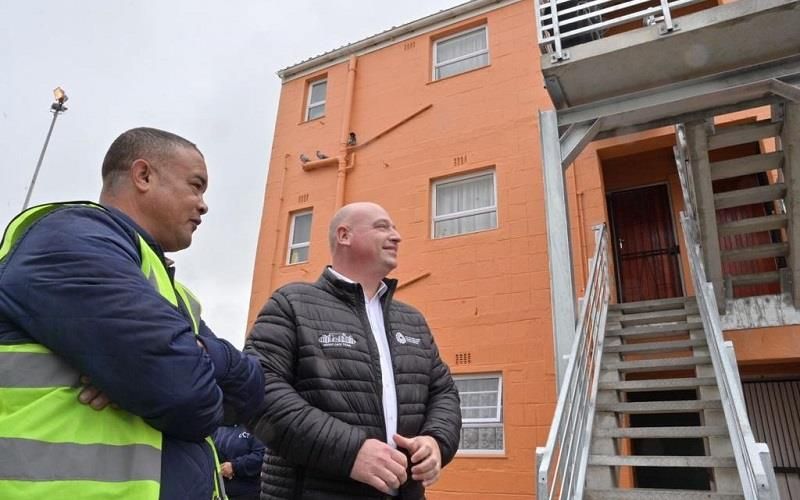The South African government has taken a strong stance on the issue of child labor, with Minister of Employment and Labor, Thulas Nxesi, leading the charge. He recently spoke at a high-level side event titled “Social Justice for All: How to End Child Labor” at the #ILC2023 in Geneva, highlighting the government’s commitment to upholding the rights and well-being of children.
The Importance of Childhood
Minister Nxesi believes that childhood is a crucial period for growth, learning, and development. Therefore, employing children while they should be in school is a criminal offense. He emphasized this point at the event, stating that the South African government is dedicated to upholding the rights of children and that eradicating child labor is a top priority.
Global Commitment to Ending Child Labor
In 2022, the South African government hosted the Fifth Global Conference on the Elimination of Child Labor, in partnership with the International Labour Organization (ILO). Over 1,000 delegates attended the conference, with an additional 7,000 participating online, demonstrating the global commitment to this critical cause.
The Durban Call to Action
During the conference, attendees adopted the Durban Call to Action, which outlines robust commitments to ending child labor. The call covers making decent work a reality, eliminating child labor in agriculture, strengthening prevention and elimination efforts, and realizing children’s rights to education. Additionally, it focuses on achieving universal access to social protection, increasing financing, and promoting international cooperation.
The Need for Continued Efforts
Despite these efforts, Minister Nxesi stated that there is still a long way to go in eradicating child labor. He identified the ongoing COVID-19 pandemic, armed conflicts, and humanitarian crises as significant threats to progress. Currently, approximately 160 million children worldwide are trapped in child labor, depriving them of education, opportunities, and rights.
Addressing the Root Causes
To combat this issue, Minister Nxesi called on ILO member states to focus on the root causes of child labor, such as poverty, inequality, and inadequate access to education. He also emphasized the importance of promoting decent work for adult workers to create a just and equitable society. To achieve these goals, legal frameworks, international labor standards, and social dialogue must be implemented.
A Collective Effort
Minister Nxesi concluded by calling for a renewed commitment from member states to eliminate child labor and build a future in which every child can grow, learn, and thrive. He emphasized the need for a collective effort to ensure that no child is left behind and that a world that upholds social justice for all is created.
The South African government’s unwavering commitment to eradicating child labor serves as an example to the world. As this issue gains increasing global attention and commitment, it is imperative that the international community continues to work together to ensure the rights and well-being of children worldwide. Through collective efforts, a future free from child labor and the promotion of social justice for all can be achieved.












